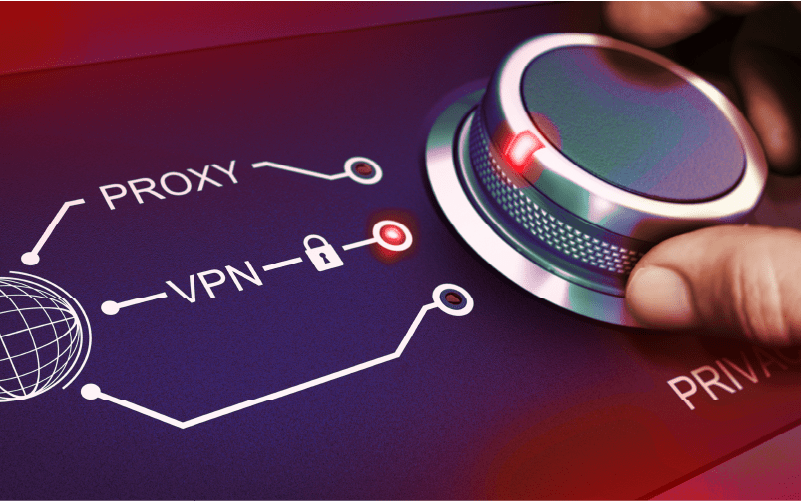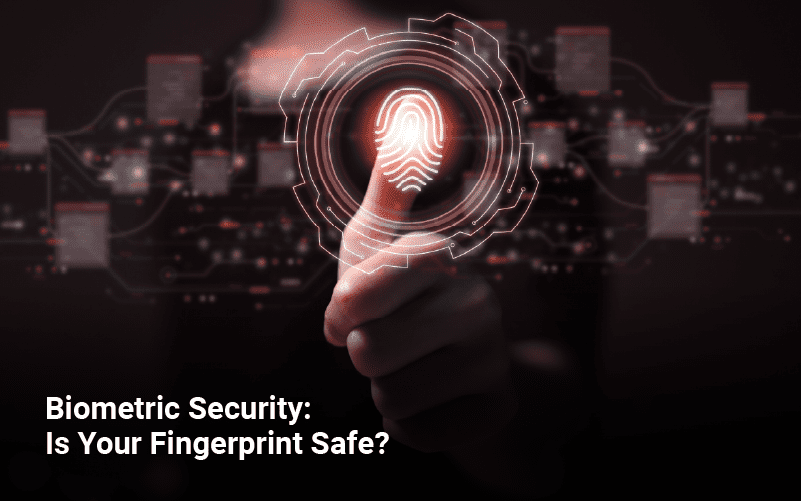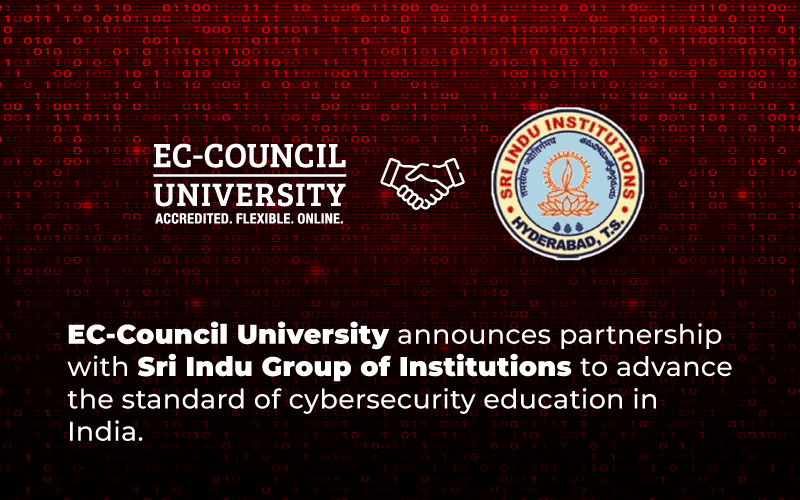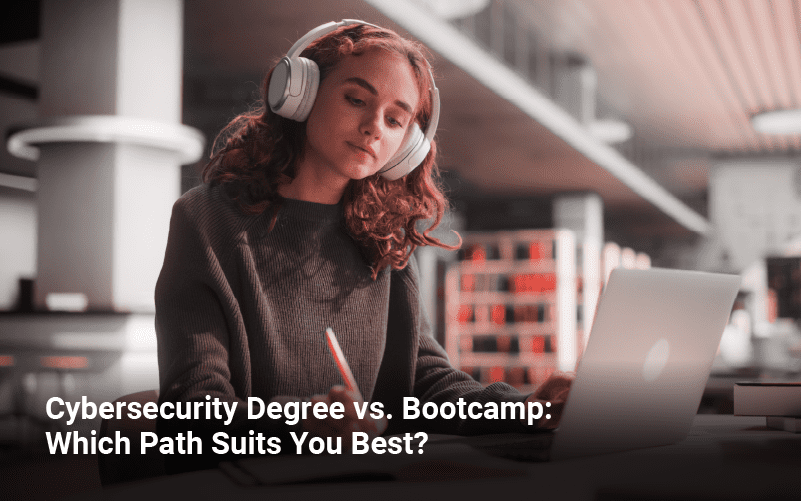Virtual Private Networks (VPNs) have become a popular tool for online privacy and security. They provide users with a secure and encrypted connection, hiding their online activity from prying eyes. While VPNs are available in both free and paid versions, the free ones come with certain risks that can harm your online privacy and security.
Use of VPN: Why Do People Use VPNs?
People use VPNs for a variety of reasons, including online privacy, security, and accessing geo-restricted content. Let’s take a closer look at these reasons with relevant statistics.
- Online Privacy: One of the primary reasons people use VPNs is to protect their online privacy. VPNs create an encrypted connection that hides users’ online activity from their internet service provider (ISP) and other prying eyes.
- Security: Virtual Private Networks also provide users with enhanced security features, such as protection against cyber threats like hacking, phishing, and malware.
- Accessing Geo-Restricted Content: Many people use VPNs to access geo-restricted content, such as streaming services or websites that are blocked in their country.
- Remote Work: VPNs are also popular among remote workers who need to access company networks and resources securely.
With the increasing importance of online privacy and security, the use of VPNs is likely to continue to grow in the coming years.
Is a Free VPN Safe? Reasons to Avoid Free VPN Services:
- Security Risks: One of the primary concerns with free VPNs online is that they may not have robust security features. Many free VPN providers lack the resources to develop and maintain strong security protocols, leaving their users vulnerable to cyber threats such as malware, hacking, and phishing.
- Data Logging: Free VPNs need to generate revenue, and they often do this by logging and selling users’ data to third-party advertisers. These VPN providers may log your browsing history, online activity, and personal information and then sell it to advertisers, compromising your online privacy.
- Slow Internet Speeds: Free VPNs have limited bandwidth and often throttle internet speed to reduce costs. This can make online browsing and stream painfully slow. Additionally, the best free VPN providers may place restrictions on the share of data you can utilize each month, forcing you to either upgrade to a paid version or seek another free VPN provider.
- Limited Server Locations: Free VPNs typically have fewer server locations than their paid counterparts. This can limit your access to geo-restricted content and make bypassing internet censorship in some countries harder. With limited server options, you may also experience slower speeds due to server congestion.
- No Customer Support: Finally, free VPNs typically offer no customer support or technical assistance. This can be significant if you run into problems with the VPN connection or need help troubleshooting an issue. You’re on your own, and this can make it difficult to get the help you need.
While free VPNs may seem like an alluring option, they come with significant risks that can harm your online privacy and security. They are often insecure, log user data, offer slow internet speeds, have limited server locations, and lack customer support. To ensure your online privacy and security, opting for a reputable paid VPN provider that offers robust security features and excellent customer support is best.
The Risks of Free VPNs and How EC-Council University Can Help
EC Council University offers various cybersecurity programs, including a Master’s degree in Cybersecurity. The program covers various aspects of cybersecurity, including network security, data protection, and ethical hacking, which can help individuals understand the risks associated with using free VPNs and take appropriate measures to protect their online activities.
If you’re interested in learning more about cybersecurity and how to protect yourself from online threats, pursuing a degree in cybersecurity from EC Council University can be a valuable option to consider.
FAQs:
Ans. Using a free VPN online can be bad for several reasons. Here are some potential issues:
- Security risks: Many free VPNs have been found to contain malware or other malicious software that can harm your device or steal your data. They may also log your activity and sell that information to third parties.
- Limited features: Free VPNs typically have limited features and bandwidth, which can make them less effective for browsing the web or streaming videos.
- Slow speeds: Since a large number of people often use free VPNs at the same time, they can be slow and unreliable.
- Unreliable connections: Free VPNs may have unreliable connections, leading to dropped connections and interrupted service.
- Lack of support: Free VPNs usually don’t have dedicated customer support, which can make it difficult to troubleshoot any issues you may encounter.
It’s important to remember that “free” doesn’t always mean “good.” If you want to use a VPN, choosing a reputable paid service that provides reliable security and support is generally safer.
Using a free VPN can be both good and bad, depending on your needs and priorities. On the one hand, a free VPN can be a valuable tool for accessing content that may be restricted in your region, protecting your privacy and data from snoopers on public Wi-Fi, or simply testing out a VPN service before committing to a paid subscription.
On the other hand, free VPNs often have limitations, such as limited bandwidth, slower speeds, or fewer server locations. Some free VPNs may log your activity or sell your data to third parties, which can compromise your privacy and security. Furthermore, free VPNs may not have the same level of customer support or technical features as paid VPNs, which can make troubleshooting issues more difficult.
It is essential to weigh the pros and cons of using a free VPN and assess your own needs and priorities. If you prioritize security, privacy, and reliability, a paid VPN service may be better. However, if you’re simply looking for basic protection or want to test out a VPN service before committing to a paid subscription, a free VPN may be a good option for you.








